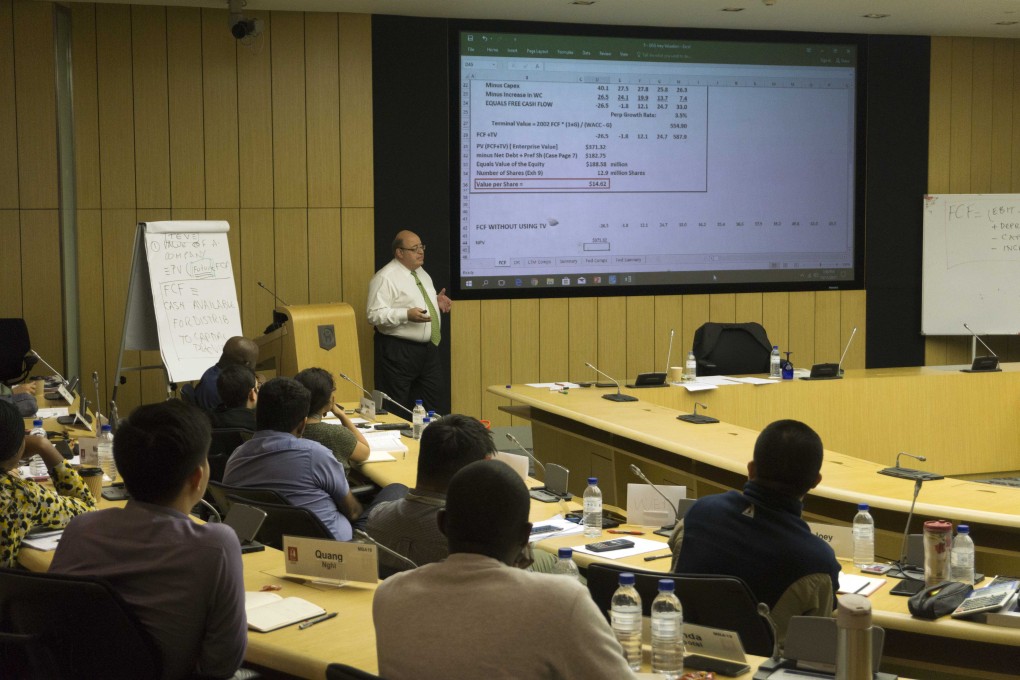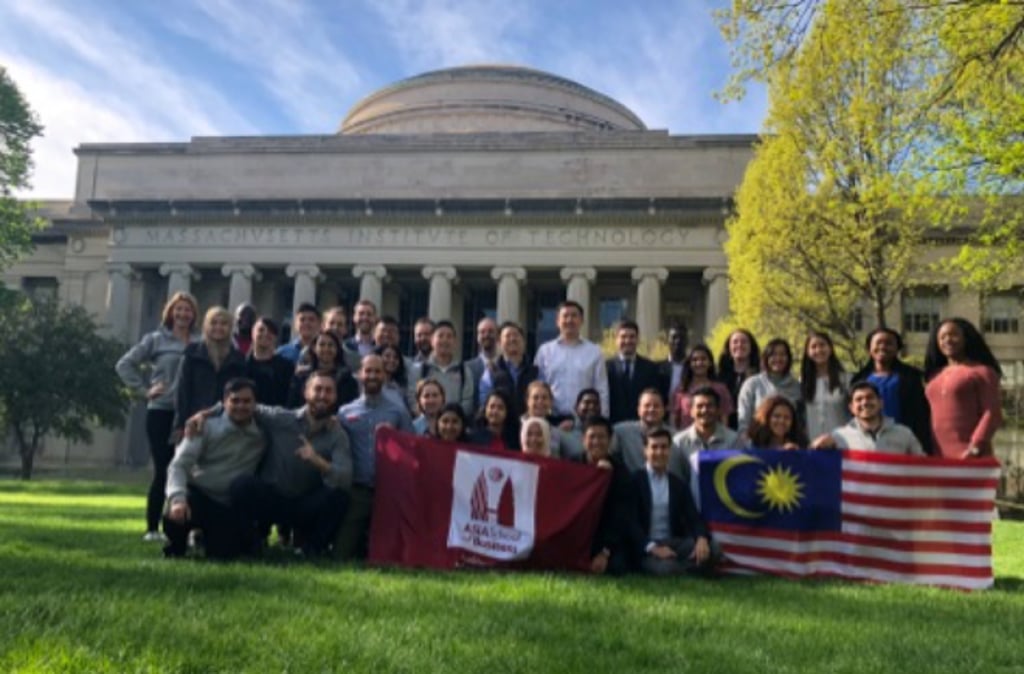
[Sponsored Article]
It used to be every Asian parent’s dream – for their children to study hard and enter good schools, graduate with a good degree, and hopefully, move on to a well-paying job.
But this looks to be an increasingly outdated mindset today, when higher education has shifted from catering to the elites to a state of massification.
The numbers are remarkable. Post-secondary enrolments are estimated to hit over 37 million in China, and over 27 million in India, by 2020 – an unprecedented speed of growth. Taiwan has a university entrance rate of almost 100 per cent.
In Singapore, its Education Ministry is aiming for a cohort participation rate of 40 per cent by 2020 – meaning four in 10 individuals from each cohort will go on to pursue a full-time degree in one of the city-state’s six publicly-funded universities.
In both affluent and emerging economies, there is an explosion in the number of university-educated workers.
While this means more opportunities for students to develop intellectually and pursue expanded career options, it has resulted in jobseekers facing stiffer competition in the job market, as well as the risk of graduate underemployment and unemployment.
And with disruption hitting the labour market, employers are looking to recruit talent with new skills. But concerns are mounting that today’s graduates may not be equipped with such abilities.
Disrupting the MBA
These changes point to one thing – institutes of higher learning of today must adapt and keep pace with industry trends to ensure they remain relevant, and are able to give graduates an edge in the job market.
For executive education providers, they need to walk the talk and offer students the tools and knowledge to help them quickly address and adapt to uncertainty and turbulence.
It is with these insights that the Asia School of Business (ASB) was founded. ASB aims to be a disruptive learning destination for a global community of change-makers well-poised to take advantage of the myriad opportunities in Asia.
The business school blends theory learning and hands-on practice at every level, while retaining the rigorous core curriculum taught in Massachusetts’ Institute of Technology’s Sloan School of Management – a key partner of ASB, alongside Bank Negara Malaysia (BNM).
The MBA programme offered at ASB can be completed in just 20 months, with students spending up to a third of their time working in partner organisations in Malaysia and Southeast Asia.
Unlike traditional internships that last for a few months, these on-site immersions – or action learning – take place every month for four out of five semesters.
This model is what sets ASB apart, where action learning takes centre stage. And students move fluidly from learning in campus to working in organisations and back again, continually testing out theories and refining how they are applied in the real world under the guidance of industry leaders and faculty mentors.
Such fluidity ensures that ASB students are in tune with developments taking place in the real world.
The rest of the time is spent in the Malaysia campus and going on a six-week trek, where they visit companies and institutions in the US for two weeks, and spend another four weeks in the MIT Sloan campus in Cambridge.
Such industry tie-ups are crucial and a win-win for both parties – students tackle real-world management challenges at these organisations, while employers get to assess potential recruits in this manner.

The strength of networks
Such people-to-people relations give ASB an edge over massive open online courses (MOOCs), which have made it entire possibly to adopt a DIY approach to obtaining an MBA today, through taking free modules online. There is much to cheer about MOOCs, which has made expert content much more accessible, allowed people to take charge of their learning, and encouraged continuous learning.
But what MOOCs cannot replicate is the social aspect of campus learning.
The plus point of ASB’s curriculum, where hands-on learning is deeply woven into theoretical understanding, is that students have concrete opportunities to form real networks. This allows them to generate and exchange ideas that might lead to business opportunities.
ASB’s on-site component, as well as its summer programme where students visit companies in the US, create opportunities for students to mingle with people from diverse fields who share the common ambition of making a difference in the world, and form contacts and connections to help them achieve that goal.
These bonds present countless professional opportunities that can be tapped on throughout one’s career. And in these communities are where tomorrow’s leaders can be found.